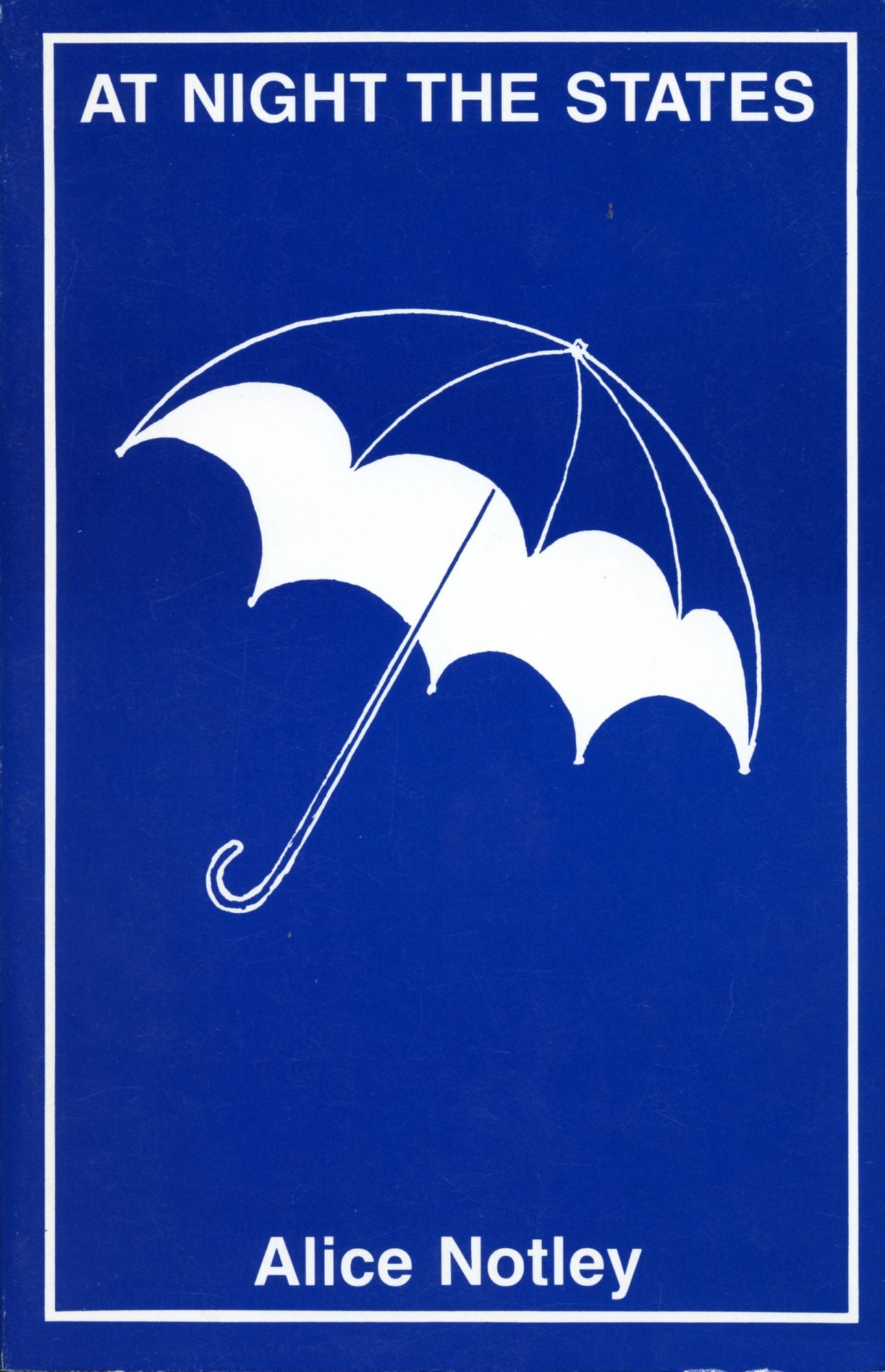This is my second ModPo 2023 essay on Lorine Niedecker's "Subliminal". I've been on quite the Niedecker kick lately and coming across this sequence, which I hadn't read before, has increased the kick. The bit below is all I wrote the message on but I recommend the full sequence which cannot be found online (I won't paste from my book which I don't think is legal), but the book with the full sequence is Harpsichord & Salt Fish which I now have but which you could very likely get from your local library if you want to read it in full (highly recommended). The essay specifically asked us to explore how this poem engages with the principles of Imagism.
“Subliminal” by Lorine Niedecker is a five-poem sequence, but for the purpose of this essay I will only be close-reading the first section. In classic Niedecker style, the poem is condensed and spare, its meaning arising as much from the structure and spaces in the work as from the semantics. The short lines of each of the four couplets begin with two or three words indented as the first part of the couplet, describing what is mostly sensate and visceral - embodied in alliterative and sometimes sibilant sounds that evoke an immediate response in the reader. The second lines of the poem are more descriptive and slightly longer - an attempt perhaps at qualifying the sensation of the first line. For example, a reader might approach the first couplet with the question “what is Sleep’s dream” and the answer ‘a nerve-flash in the blood”. The poems structure with those even indents create a visual impression of a double helix twist - perhaps hinting that there is something inherited here - that tall, torment of the mother, the repeated use of the word “nerve”.

There are many elements of this extract that align with imagism. All of the sonic and structural elements of the poem described above do seem to suggest something other than a "direct treatment of “thing,” one of Imagism’s key tenants, however it is also fair to say that the poem may well be the direct treatment of a dream, rendering the elements of the dream (rather than the mother, or the sensations themselves) in a direct way. It is also possible to define the object as the mother, the most concrete image in the poem, rendered with a crispness as ‘tall, tormented’ both fairly straightforward words and an absence of metaphors, as is often the case with Niedecker. I do think that would be a simplistic reading of the poem though, as there is much that could be taken as symbolic. While the poem feels internally complete and not referential and the words are, in the main, not decorative, there is that final word, ‘darkinfested’ - which comes right at the end of the extract as a portmanteau (two words combined) which wouldn’t appear in common speech that way. Linking the deep interiority of a dream with all that sensation, and then using that final, powerful portmanteau to end the extract, gives the poem a symbolic and even surrealistic quality which hints in a very non Imagistic way, at the unconscious, and the traumas we might carry, and less about the dream itself, or even the mother who appears here as an ominous presence. There’s a certain dynamism here that is brought in with the combination of these sensual images - the nerve-flash and cold sensation and the structure of the helix which suggests inheritance, along with the seductive, sibilant musicality of the sound. While it is true that Imagism seeks new rhythms, there is, in this condensation, much in the way of symbolic and intense power not in keeping with the fixed object of an Imagistic approach but rather much more open, and subject to multiple interpretations, readings and ways of experiencing.













